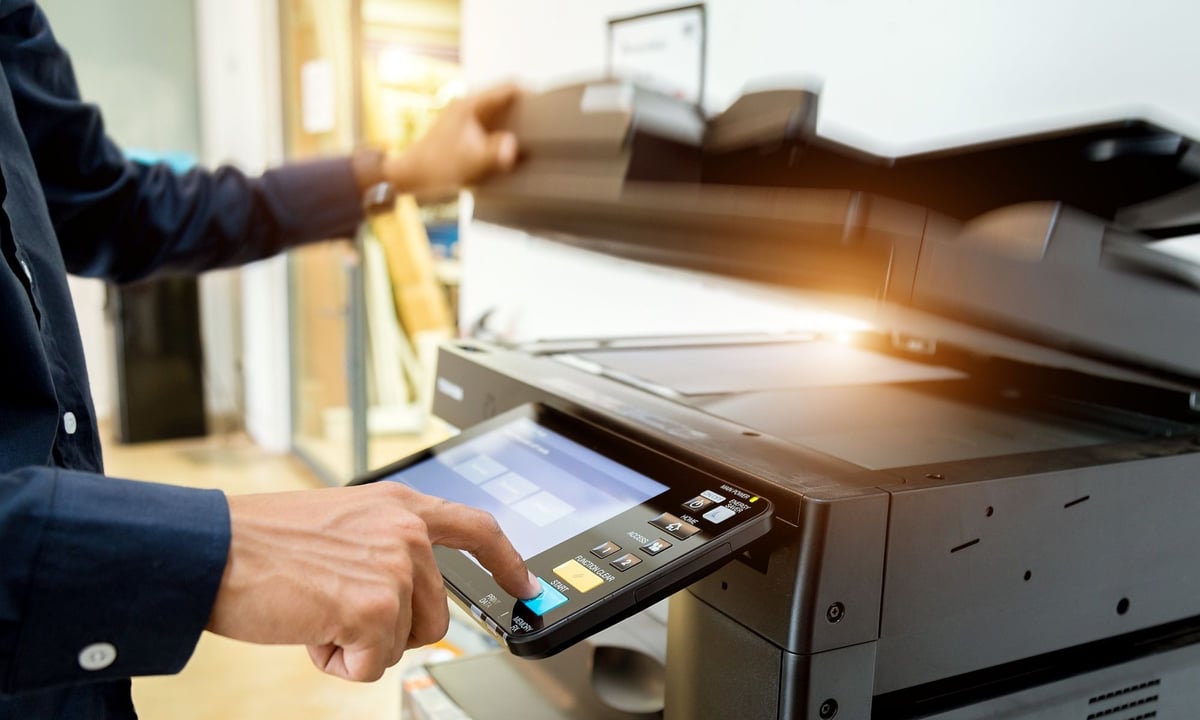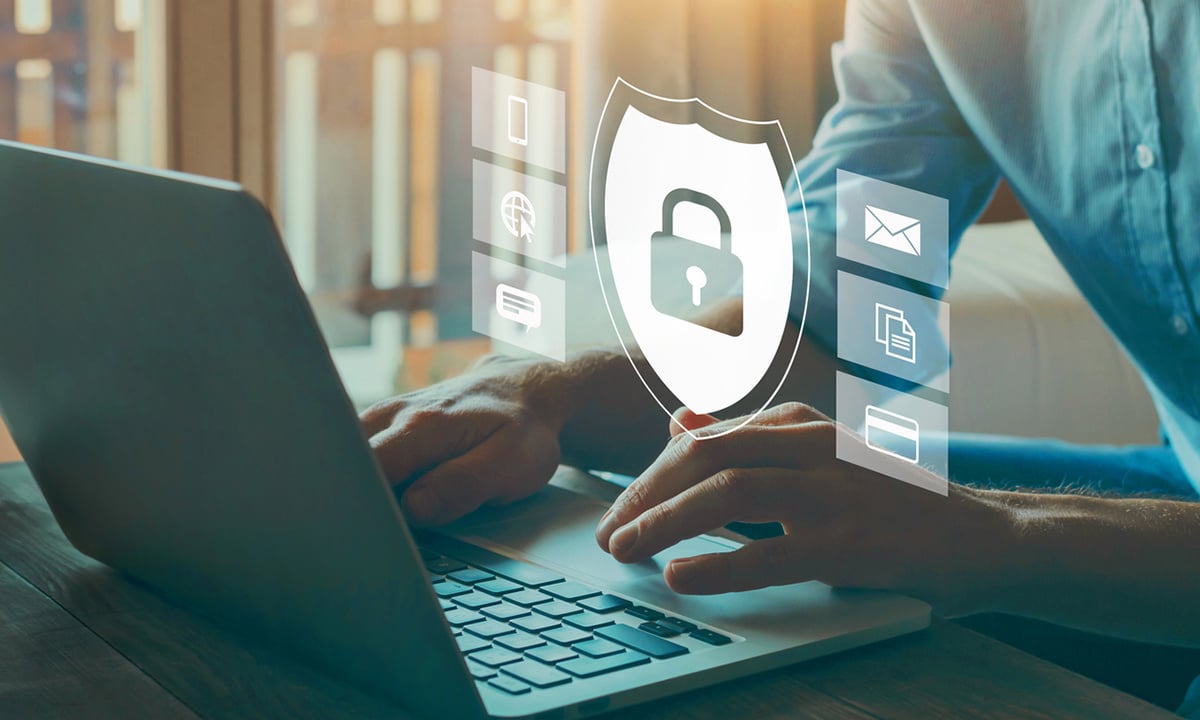Believe it or not, more than four billion records were exposed through security breaches in just the first half of 2018. Data breaches are becoming more severe, and it’s essential for businesses to focus on keeping their data safe.
Like many other business owners, you've likely taken steps to secure the data you're storing on your computers. You may have even thought about mobile security too. But what about your peripherals, like photocopiers and printers? It's not something most people initially consider, but copiers and data security play an important role in business.
In this blog, we'll help you identify what your copier might be storing. Then we'll share some tips for increasing security within your organization.
The Basics of Copiers and Data Security
Did you know almost every copier you've purchased within the last twenty years or so had a built-in hard drive? It's true.
So what exactly is stored on your copier hard drive?
Copiers make use of hard drives like computers, storing information about documents. They also store contact information you enter into the machine's address book, such as names, email addresses, and fax numbers. This information is often considered sensitive. You wouldn't want the machine to be hacked, because someone could make off with the data.
Most manufacturers say their machines can ensure the documents you print, scan, and fax aren't stored, and many offer optional copier data security kits to increase data safety.
How to Tell If You're at Risk
How do you know if your hard drive copier is storing sensitive information? Most machines have options for either increasing or decreasing security.
As mentioned, many manufacturers provide options to increase data security on their machines. You can prevent the machine from storing images of documents, for example.
Optional data security kits for printers and copiers might include:
- Data encryption for hard drives and dynamic random access memory (DRAM)
- Auto-clearing of DRAM after use
- Overwriting routines that make deleted data irretrievable
You should keep in mind though that these aren't standard features for many machines. If you haven't purchased an optional data security kit for your printer or copier, your data could be at risk.
Tips for Protecting Your Copier Data
One of the things you can do to improve security is buy an optional data security kit. These kits help you protect data on your copy machine hard drive.
There are other measures you can and should take to protect data on these machines as well. One of them is limiting network access to printers and copiers. Great security policies can help.
Access to printers and copiers can also be limited in a physical sense. Some employees don't need access to these machines. They could access a machine and pull up sensitive data from stored documents.
You should also think about the end of life for the printer. What will happen when you decommission the machine? You could plan to remove the hard drive or digitally shred the data on it.
These are a few of the steps you can take to increase data security on your printers and copiers.
Stay on Top of Changing Technology and Ask the Right Questions
Copiers and data security showcase the need to give IT critical thought. Adopting AI might seem like a great idea, but security and compliance must be addressed. As a business owner, it is essential to ask the right questions to get the right answers and comfort in your technology and technology providers.
We at MGA are here to dig in and be your resource. Let us know how we can help your organization stay compliant and safe.
We are here to make the complex simple.
.png?width=191&name=mgalogofinal-01%20(3).png)





.png)